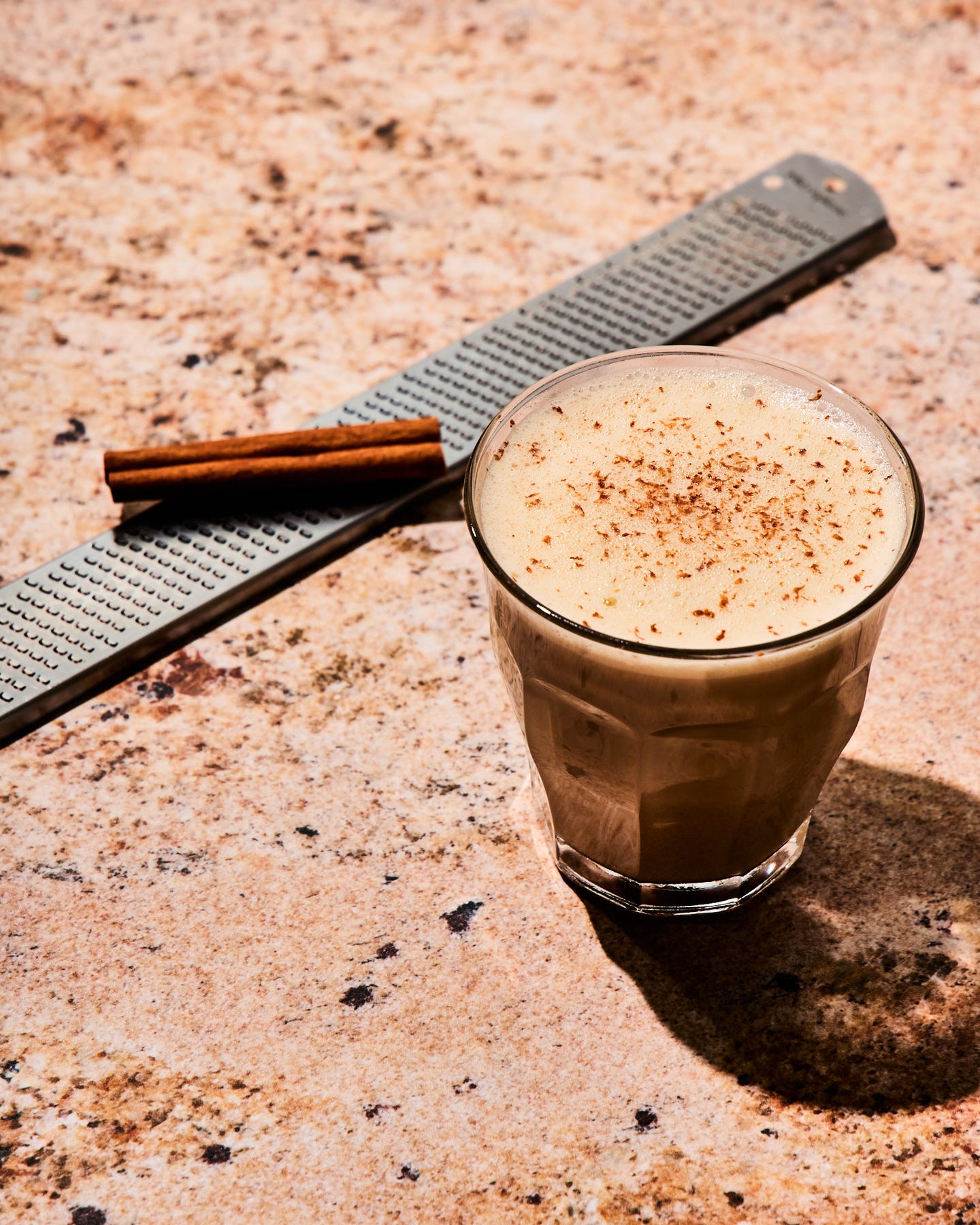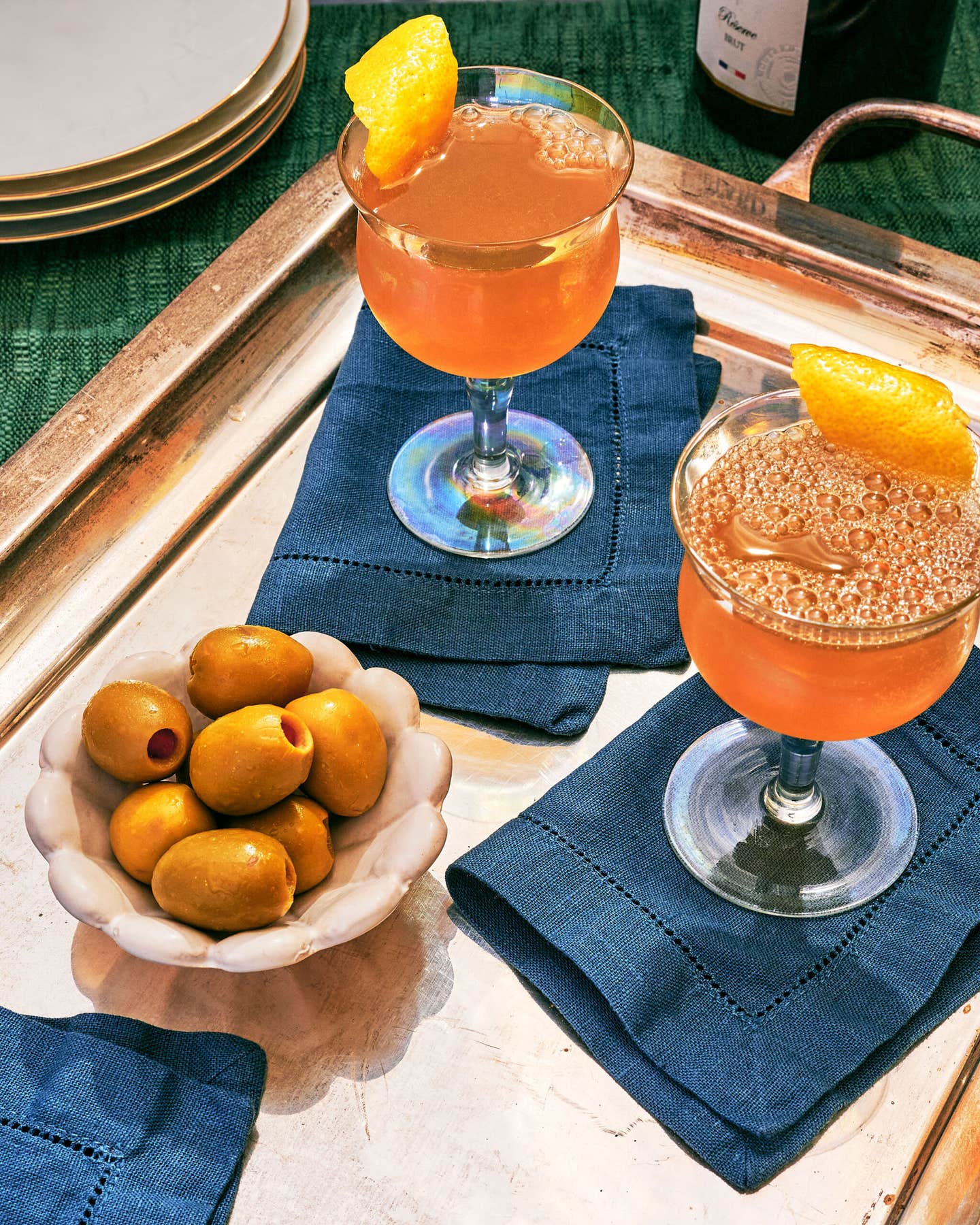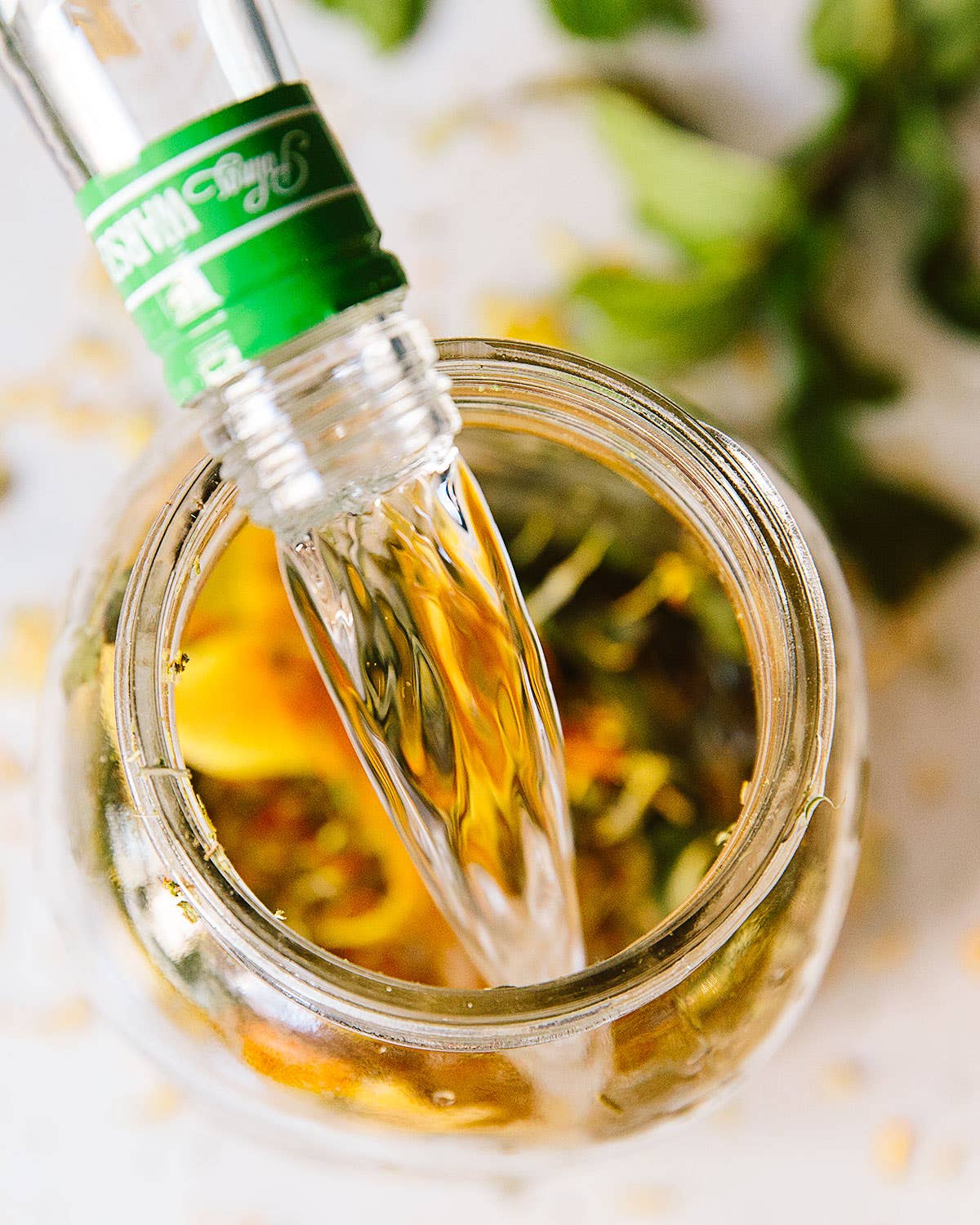
Recently I was blithely boozing it up with a handful of natural winemakers at Domačija Novak in Slovenia when one of them exclaimed, “Thank god these wines are natural—otherwise, we’d be in for a pretty grim day tomorrow!” Everybody erupted in drunken guffaws and nodded in agreement. But I was skeptical: Would I really be headache-free the next day? What could possibly make natural wines less hangover-inducing than their conventional counterparts?
The term natural wine means different things to different people, but the throughlines are organic farming and minimal manipulation in the winery—meaning as few additives, fining agents, and stabilizers as possible chucked into the fermentation vat. Contrast that approach with conventional winemaking, which can legally use up to several hundred non-grape ingredients including sugar, wood chips, artificial flavors, and dyes.
It’s logical to assume that the more “natural” the product, the better it is for you; so, the closer a wine is to pure fermented grape juice, the more digestible it is and the milder the resulting hangover should be. “It’s like Wonder Bread versus sourdough,” said Ilan Saltzman, a sommelier at Bendito Vinos y Vinilos, Madrid’s top natural wine bar. “Most people can digest both with no problem, but there’s a clear winner as to which one is better for you.”
But I needed more than anecdotal evidence to go on, so I started digging. Isabelle Legeron’s Natural Wine offered some intriguing passages. Hangovers, she writes, are all about the liver, which breaks alcohol down into acetaldehyde and acetate, which in turn are excreted through urine or bile. Legeron cites a 2013 study by the University of Rome’s Clinical Nutrition and Nutrigenomic Division of Medicine Faculty that concluded drinking natural wine lowered the amount of acetaldehyde in the blood, giving the liver less work to do and allowing it to flush out toxins at a faster rate. If true, natural wine’s properties could slow down intoxication, resulting in less severe hangovers. (SAVEUR was not able to track down this study, nor could its author be reached for comment.)
Perhaps the most widespread belief about natural wine and hangovers is that sulfites cause headaches and intensify alcohol’s side effects. Since natural wine contains fewer sulfites, drinking it (over conventional wine) should, in theory, make for a milder morning after. Sulfites got a bad rap when “CONTAINS SULFITES” began appearing in all caps on wine labels, like the notorious Surgeon General’s warning on cigarettes. But this labeling policy may have been misguided and not rooted in sound science; in fact, as The Wall Street Journal’s wine columnist, Lettie Teague, reports, it was likely a political ploy by the late U.S. Senator, teetotaler, and segregationist Strom Thurmond to scare people into drinking less alcohol.
The truth is, the vast majority of the world’s winemakers, natural and conventional and in-between, add sulfites at some point during production for their antimicrobial properties. There’s little proof that sulfites cause headaches at all, save for a few scattered studies. People with sulfite allergies report respiratory problems as their main symptom. And as far as common foods and beverages go, wine doesn’t hold a candle, sulfite-wise, to, say, French fries and dried fruit, which contain over 1,000 times more sulfites than a glass of wine. Curiously you don’t hear folks complaining too often about apricot-induced headaches.
Legeron insisted that there must be a connection, even if the science hasn’t caught up yet. When she accidentally drinks higher-sulfite wine, for instance, she does get headaches. “It’s probably the combination of sulfites and alcohol that brings on headaches,” she told me over the phone. “There isn’t enough research to prove things one way or the other, because getting people drunk for science presents ethical issues.” (Biogenic amines are another possible headache factor, but that’s a tale for another time.)
Questions surrounding sulfites, headaches, hangovers, and health tie into a larger debate about perceptions of what’s “natural” and what’s not in winemaking. The Oxford Companion to Wine points out that sulfur (from which sulfites are derived) “has been used as a cleansing agent and wine preservative since antiquity.” Brimstone is the biblical term for sulfur, meaning that the stuff is Adam-and-Eve old, even if much of it is manufactured in chemical plants today. And fining agents which clarify wine, such as bentonite clay, isinglass (derived from fish bladders), and egg whites, are as natural as they come, even if their use in winemaking is largely frowned upon by the natural wine community.
Natural wine’s war on chemical additives and processing aids may be creating the false sense that they’re inherently harmful, according to Diana Lynne Hawkins, a winemaking consultant and former sommelier with a master’s in wine science. “I have a lot of respect for natural wine, which requires a very skilled winemaker and fanatic dedication to cleanliness in the cellar, but I want to stress that these preservatives and other agents are 100 percent food-safe and no scarier than ones used in other everyday foods and beverages,” she said, adding that no link has been established between any such additives and hangovers.
The bottom line? Alcohol is the main cause of hangovers, plain and simple. The more alcohol you drink—particularly on an empty stomach—the more hungover you’ll be. Natural wine is generally lower in alcohol content than conventional wine, which may help to explain why people feel they can drink more without paying for it the next day. After my big night in Slovenia, I woke up feeling surprisingly refreshed: We were drinking wines that hovered between 10 and 13 percent ABV.
But even natural wine bigwigs get hangovers from time to time. Legeron conceded that things get “a bit rough” after a night of too much wine, natural or otherwise. Fabio Bartolomei, owner of natural winery Vinos Ambiz in Ávila, Spain, told me about his “lethargic” mornings following natural wine fairs. And Adam Vourvoulis, wine meme eminence and co-host of the Natural Disasters podcast, said in an email, “Have I been hungover from drinking nothing but natty wine? Absolutely. Selling natural wine as an anti-hangover product is bordering a scam.”
It’s also not in anyone’s best interest. Natural wine is, first and foremost, a beverage to contemplate and savor, not chug. Nobody wants to see natty wine become the next Natty Ice. Legeron put it best: “Natural wine offers a sensorial experience that’s hard to reproduce in terms of complexity, aliveness, and texture. Getting drunk misses the point.”
Keep Reading
Continue to Next Story










